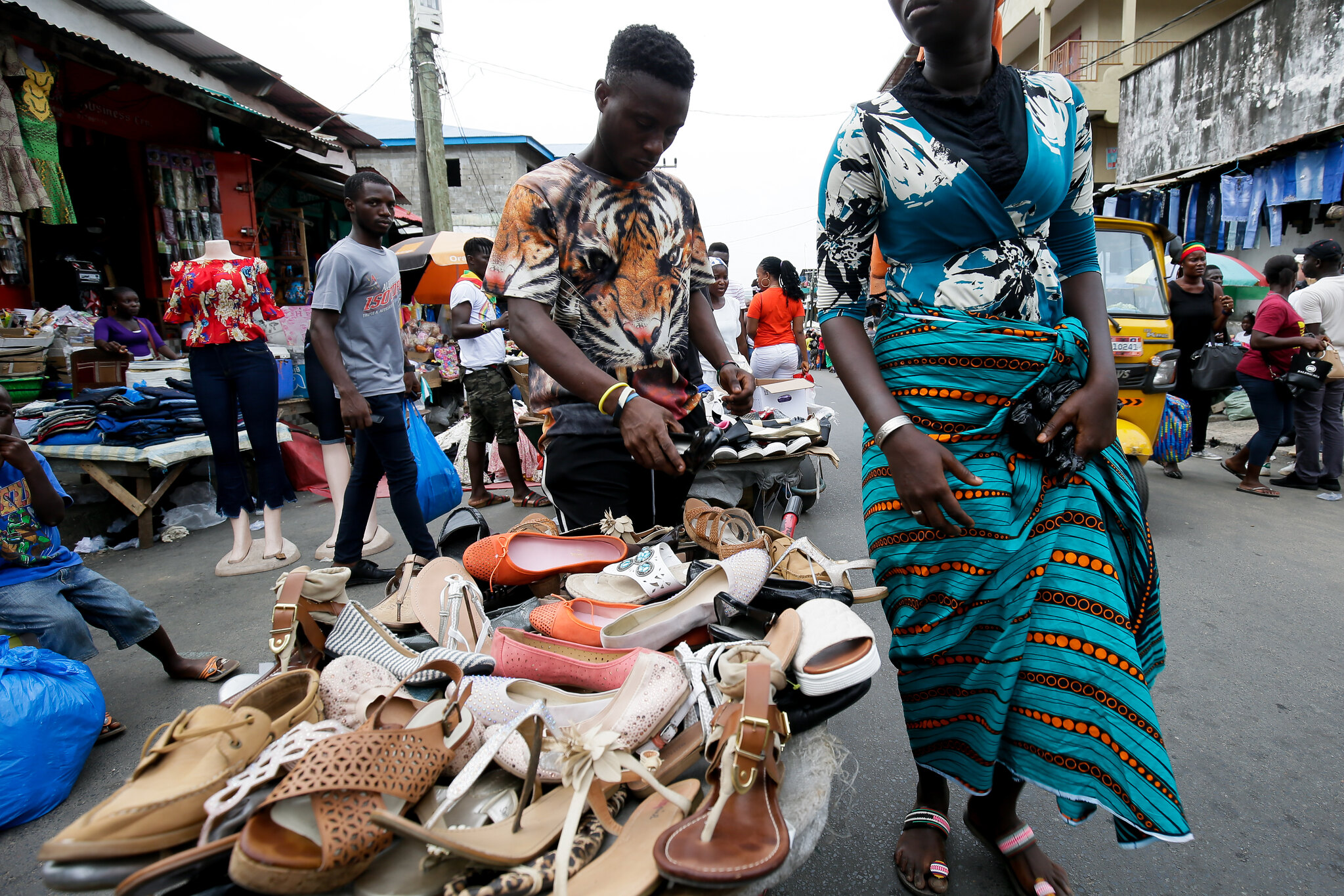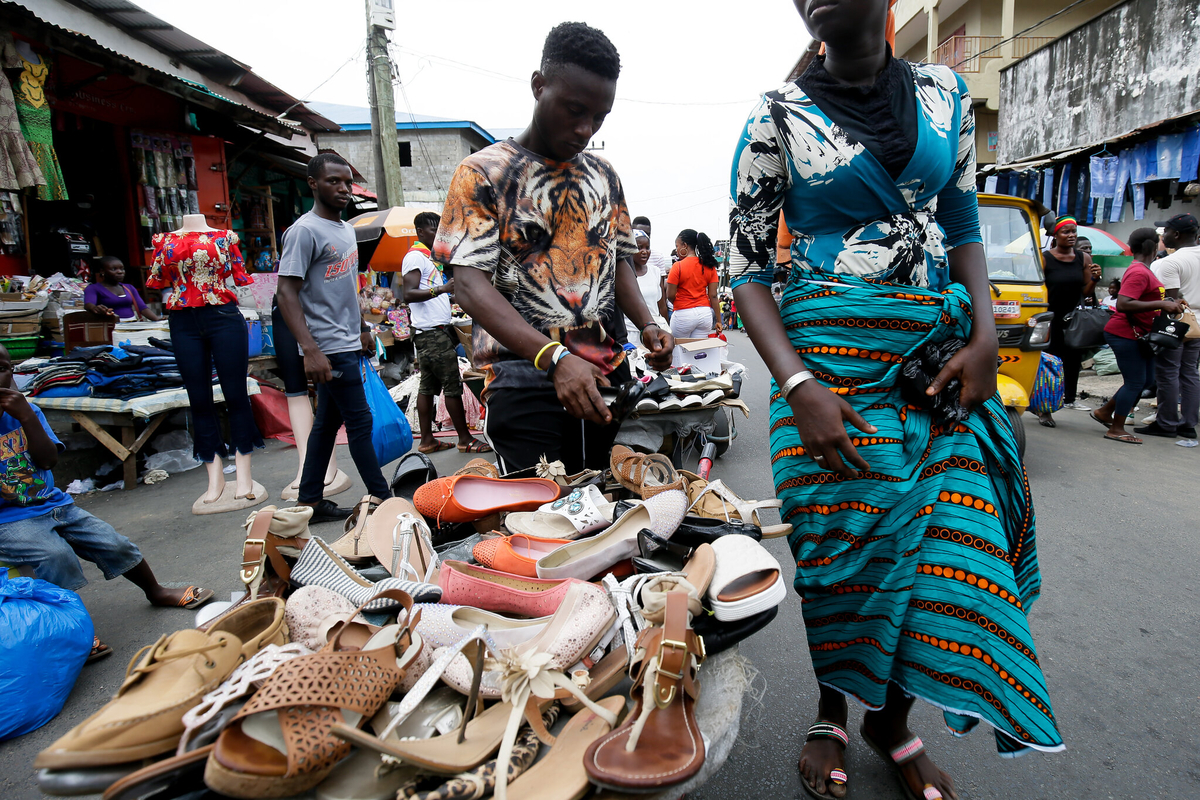- Who We Are
- How We Work
- Regional / Country Initiatives
- Legacy
- Core Themes
- Working Groups
- Portfolio & Results
- Newsroom
- Resources
Future Cities Africa Initiative

Scope
Future Cities Africa works together with the participating cities to develop tools for ‘future proofing’ themselves and assuring their resilience.
It seeks to support selected cities to assess, anticipate and minimise future challenges across five dimensions: governance, economy, service, citizenship and environment. Together, these five dimensions make up a Normative Framework for the programme.
Future Cities Africa began with a selected set of African cities across different typologies:
- 14 secondary cities in Uganda (Arua, Entebbe, Fort Portal, Gulu, Hoima, Jinja, Kabale, Lira, Masaka, Mbale, Mbarara, Moroto, Soroti and Tororo);
- Two regional capitals in Ethiopia (Dire Dawa and Mekelle);
- The Nampula-Nacala-Tete urban corridor in Mozambique; and
- The Greater Accra Metropolitan Area (GAMA) in Ghana.

Components
Future Cities Africa comprises a set of six coherent, interconnected activities that are all implemented through a participatory approach to enhance local ownership, engagement and capacity development. They are:
1. Rapid Cities Resilience Assessments (RCRAs)
Self-assessments carried out by all participating cities to identify their resilience challenges across the five dimensions of the Normative Framework and to prioritise areas for action.
2. Feasibility Study
A synthesis of the RCRAs and an overview of the state of urbanisation in Africa, pointing out key challenges and entry points for achieving inclusive and resilient urban growth.
3. Research Reports
Demand-driven research focused on improving the evidence base to enable African cities fulfil their potential despite climate, environment and resource challenges. The themes are guided by the Normative Framework and prioritised by the participating cities through their RCRAs.
The research includes:
- Future Proofing City Studies in Ethiopia, Ghana, Mozambique and Uganda (with Arup as implementing partner)
- The climate change and energy debate in the context of Ethiopia (with Pegasys Strategy and Development Ltd as implementing partner)
- The Role of the Informal Economy in City Growth in the Context of Uganda (with University of Westminster as implementing partner)
- The Urban Expansion and Compactness Debate in the Context of Mozambique (with the Institute for Housing and Urban Development Studies as implementing partner)
- Urban Governance and Service Delivery in the context of Ghana (with ICF Consulting Services Ltd as implementing partner)
4. Open-source decision-making platform (Resilience.io)
Model that enables decision makers and key stakeholders to make better citywide policies, plans and interventions readily available for deployment in African cities. The first prototype platform is being developed by The Ecological Sequestration Trust (TEST) and was successfully demonstrated on the Water, Sanitation and Hygiene (WASH) sector in Greater Accra Metropolitan Area.
5. Knowledge-sharing platform
Platform developed by Gaiasoft that is designed to share data and results and sustain peer-to-peer contact between African cities.
6. Innovative research and toolkits: Innovation for Change
New areas of research being carried out to complement the research prioritised through the RCRAs and to serve as toolkits for cities.
Toolkits under development include:
- Innovative Data Toolkit for Improved Resilience Planning and Policy Making for African Cities (with Development Gateway Inc. as implementing partner). The toolkit is intended to enable local governments identify, collect, manage, analyse and utilise data that any city management team would need objectively to understand, govern and better plan for its future.
- Platform and toolkit for City Development Strategies (CDS) (with the Institute for Housing and Urban Development Studies as implementing partner). The development of this online platform and set of guidelines/tools on the CDS approach is intended to enable city managers to adopt more resilient approaches to urban planning in African cities.
- Human Resource Benchmarking and Capacity Building Toolkit (implemented through consultancy contract with Dr. Richard Slater). The study seeks to assess the human resource capacities of city management in Africa, recommend standards and identify needs.
“Through Future Cities Africa, Cities Alliance is encouraging us to reflect on how we strengthen ownership at the local level and how we develop cities with inclusivity, especially gender and those most disadvantaged, in mind.” --The Hon. Isaac Ashai Odamtten, Metropolitan Chief Executive of Tema, Ghana
Documents
